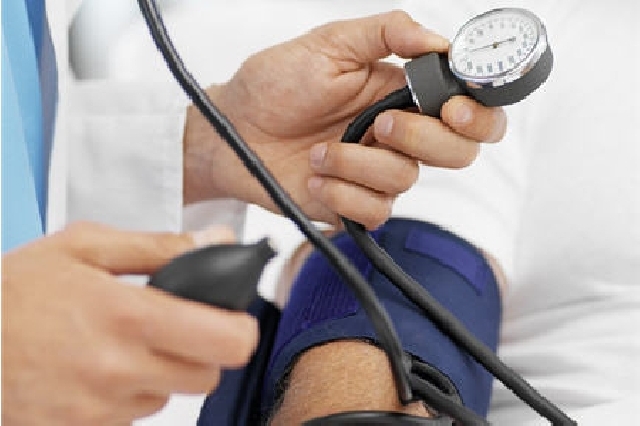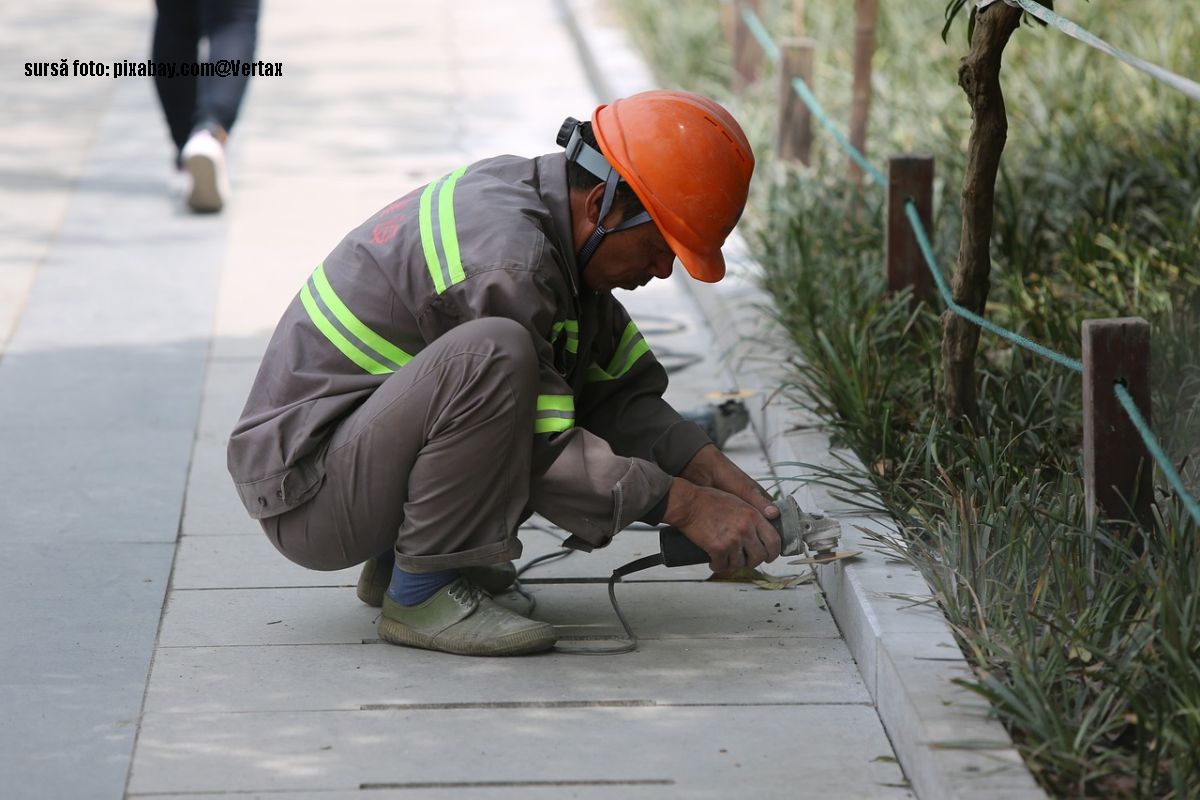The Romanian healthcare system between expectations and reality
The Romanian healthcare system is in dire need of reform.

Christine Leșcu, 01.03.2017, 12:59
Affected by a number of public scandals such as the one of the diluted disinfectants or a most recent one, of corrupt managers, the Romanian healthcare system is in dire need of reform. This is something that everyone agrees with. The question is, however, when and where this reform will take place. As expected, opinions are divergent in this respect. A study conducted recently by the Foundation for European Progressive Studies in Brussels, the Friedrich Ebert Stiftung Foundation in Romania and the Democratic Left Foundation, reveals that 54% of Romanians are satisfied with the services provided by public hospitals, while 46% are not satisfied. People aged 50 to 80 are among the most satisfied with public hospital services, while only 43% of the young people share their opinion.
Sociologist Iulian Stanescu tells us more about it: “Most respondents, about 80% of them, complain about the fact that public hospitals are not clean enough. Also, 80% of them are unhappy with the quality of healthcare services in state hospitals and with the practice of informal payments. In spite of the fact that less than one fifth of the participants in the study agree totally or partially with the statement that it is good for a hospitalized patient to offer gifts to the medical staff, quality research data indicate that the phenomenon is widely spread and that patients agree with it as they believe this phenomenon has become common practice. “
The deeper discussions with the participants in the poll have revealed their opinion on the main problems in the healthcare system. Here is Iulian Stanescu: “The qualitative research showed a number of problems: the lack of medical personnel and the lack of motivation, the lack of equipment, the crowding, waiting time, bureaucracy, bad management and low salaries. All these problems have a cause, in the opinion of the people questioned: the poor financing of the healthcare system. In the last year, one third of the patients who needed tests could not get them, because the lab did not have room for them, or funding.”
Part of the problem can be summarized by the phrase lack of access, according to Vasile Barbu, head of the National Association for the Protection of Patients: “The biggest problems emerge when we look for healthcare suppliers once we fall ill, and seek access to care. This is the biggest problem for patients. A lot of physicians have left the country. After consulting a specialist, we have to continue tests with another specialist. And this takes money and it is sometimes unaffordable.”
The Romanian healthcare system provides a package of medical services in exchange for a co-payment shared by the employee who contributes 5.5% of the wage, and the employer who pays 5.2%. Unfortunately, the money from this contribution is not always sufficient. However, patients do not necessarily like changes to this system.
Here is Vasile Barbu once again: “In theory, we have a generous package of services. In reality, it is not accessible. There are various barriers, bureaucratic and financial, which prevent access to these supposedly guaranteed services. It is very important to have a social insurance healthcare system based first and foremost on social solidarity.”
The medical staff have their own demands too. We spoke about them with Dr. Eleodor Carstoiu, representing the ROMEDICA trade union: “One problem is regulating our activity, that of a physician or a nurse. There are no such regulations in Romania. Right now our activity runs in relation to the number of beds, which has no connection with the medical activity in Romania. The medical trade has evolved in the last 30 years, and in the past 10 years bureaucratic burdens have been added to that. The number of documents that have to be filled in has grown exponentially, at least in the past few years.”
According to trade unions, this kind of issues could be settled only by a change in legislation, a change that should take into account a clearer definition of malpractice. Here is Eleodor Carstoiu once again: “The legislation we have at present is totally lacking, and it leaves room for abusive situations looming over our head. Which is why we need malpractice legislation that should be at least at a European level. The third problem that concerns us is that of training. Medical school takes 6 years, but offers no particular expertise to the student. A graduate is simply handed a piece of paper that doesnt even allow him to practice medicine. We want that to change. After school there is a period of 3 to 7 years of training in a given area of medicine. This training is unsatisfactory. In addition to that, a physician learns throughout life. We believe that this lifelong learning should be better organized.”
Irrespective of any legislative changes that may occur or not, patients believe that this should not affect healthcare financing. According to the European Foundation for Progressive Studies, 44% of respondents believe that financing should be mostly public. Less that one fourth of respondents supported a partial or fully private form of healthcare financing. The ratio in public opinion terms is clearly in favor of mostly or fully publicly funded healthcare.






























